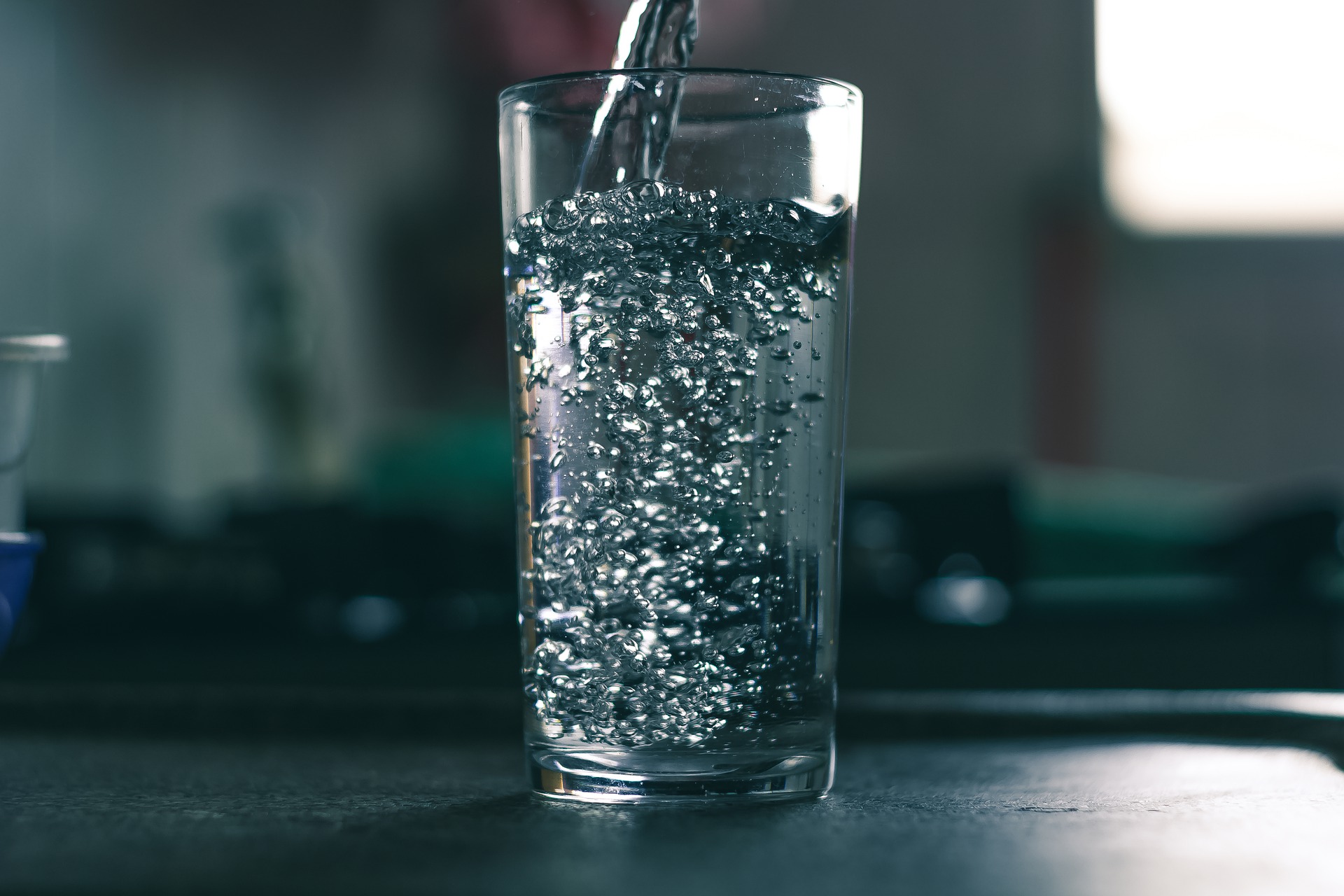Water is vital for our bodies. However, it is essential to know not only how much you need to drink per day, but also how and when. We also need to pay attention to the water we drink.
Water makes up the largest part of the human body: about 60-70%, and the amount depends on age. In a newborn baby, water makes up about 80% of the body, and as we age, the amount of water in the body can drop to 60%. Water is essential for physiological processes of digestion and elimination. It maintains a constant body temperature and vital processes can only take place when there is enough water in the cells. It is important to get the right amount of water every day to maintain the body’s vital functions, which is why it is recommended for a healthy person to drink 8 glasses of water a day.
How and when to drink?
It is not only the amount of water that is important, but also how and when water is drunk. The morning should start with a glass of water, which wakes up the digestive system and reactivates the body after sleep. You can also drink a glass of water about half an hour before a meal, but you should not drink a lot of water at mealtimes. When the food is very well chewed to a puree and sufficiently moistened with saliva, there is no desire to sip liquids during meals. It is recommended to drink coffee, tea or other liquids after a meal, about an hour and a half after the food has been digested.
It is worth remembering that carbonated drinks are absorbed more quickly than non-carbonated drinks and may cause frequent cravings and bloating. Carbonated drinks also interfere with the digestive process in the stomach, so a non-carbonated drink should be taken with meals. Carbonated water can cause heartburn and should not be consumed if you have gastritis or ulcers.
Boiled water is less beneficial.
Boiled water is less beneficial to the body because it contains much less salt. However, drinking mineral water all the time is also not good because it contains quite a lot of salts. Water formed from melting ice is particularly valuable for the body because of its structural properties. Such water is more active and boosts metabolism.
When the body lacks water, we feel thirsty and fatigue is possible. Constipation, dry skin and lips, and brittle hair and nails can be signs that we are not drinking enough water.
Water helps to remove unnecessary substances and toxins from the body, while insufficient water pollutes the body. By the way, eating acidic, salty or sweet foods increases the need for water.
People who do sports drink much more water because a lot of water is lost during training. However, it is important to remember to drink water not only during exercise but also evenly throughout the day. It should be noted that frequent protein intake increases the body’s need for water. Too much water is eliminated in the urine in a healthy person. However, it is possible to disturb the electrolyte balance. In cardiovascular and kidney disease, excessive water intake can also cause harm.

